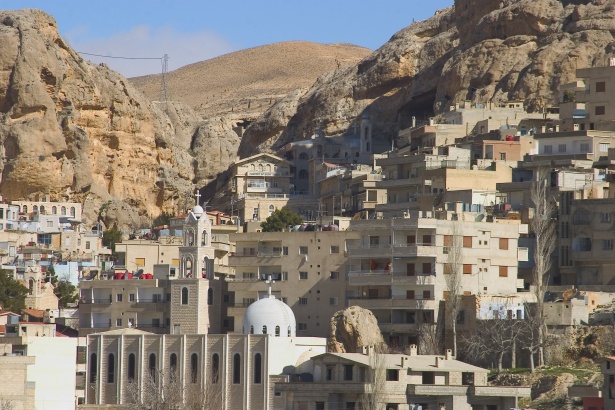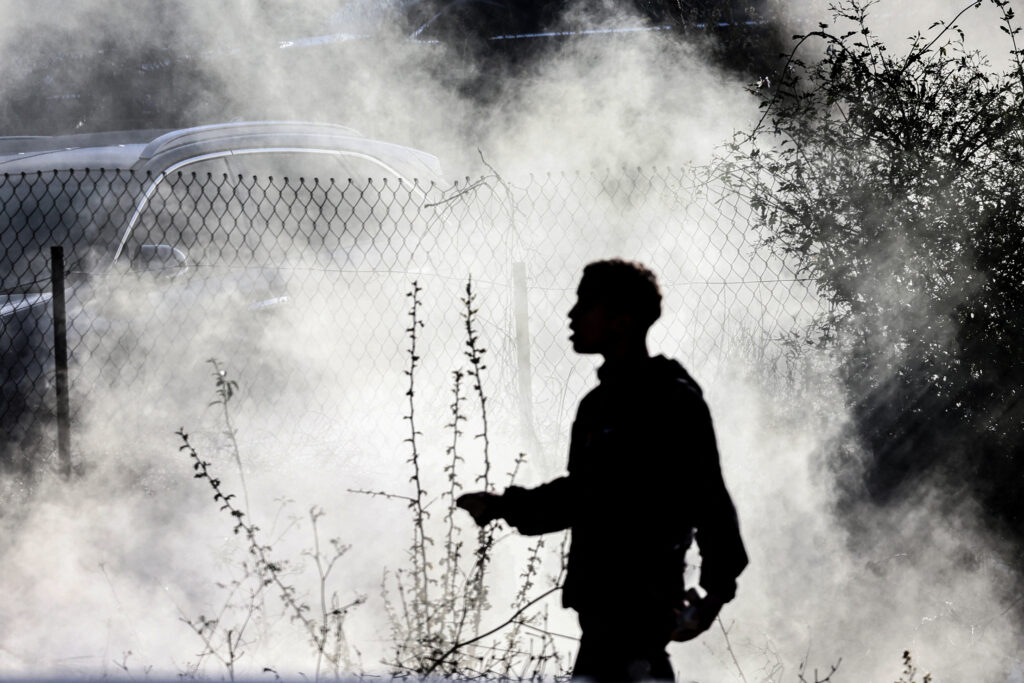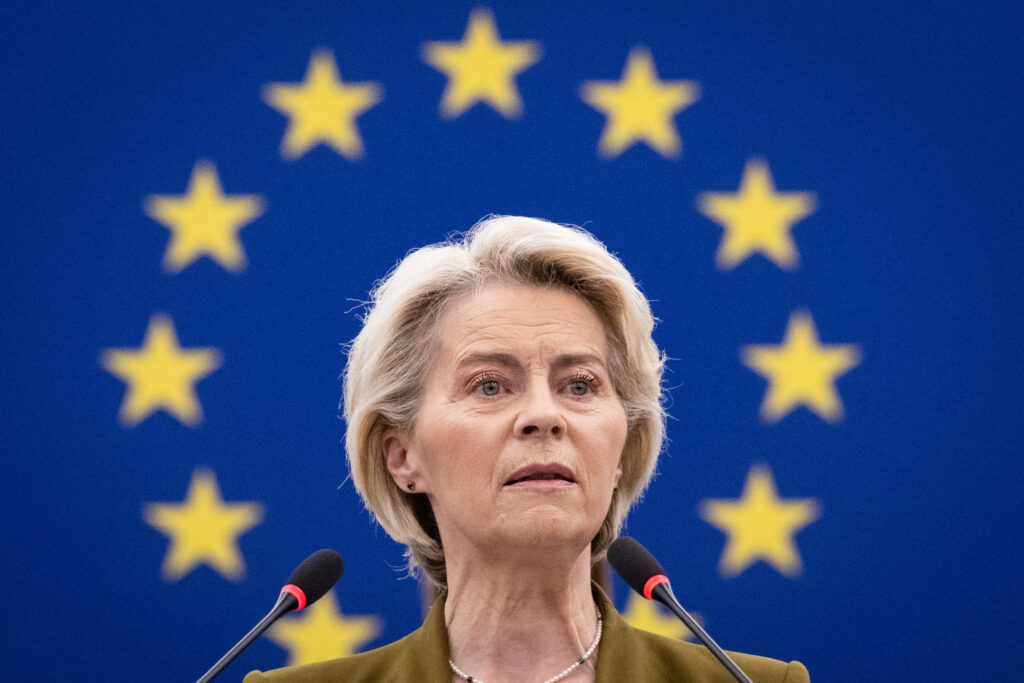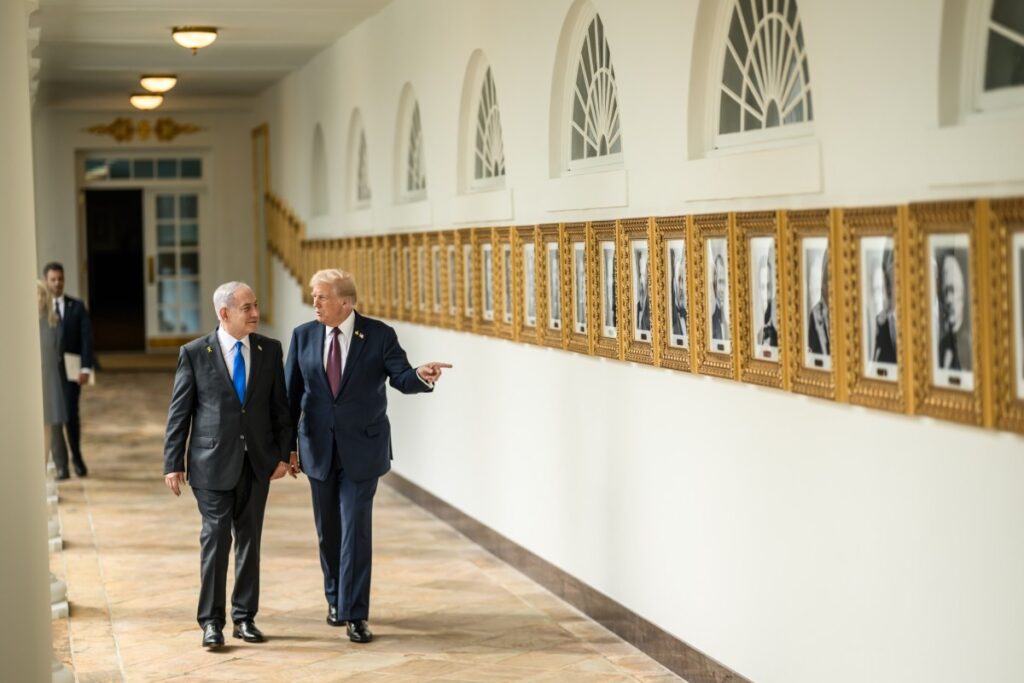By Fanar Haddad
Whatever hope was inspired by Friday’s agreement to being about a cessation of hostilities in the Syrian civil war is likely to prove as misplaced and short lived as the hopes pinned on peace talks earlier in the month ‘ talks that were suspended after a mere three days. Friday’s deal was reached by the 17-member International Syria Support Group (ISSG), which includes key stakeholders in the Syrian conflict ‘ the U.S., Russia, Iran, Turkey and Saudi Arabia. However, the deal was not approved by Syria or by the Syrian opposition.
The key elements of the deal include trying to reach a suspension of hostilities within one week and to allow for immediate deliveries of aid to besieged and hard to reach areas of Syria. Ultimately it is hoped that this would pave the way for a ceasefire and the implementation of a UN-backed plan for political transition in Syria. The ISSG stated that the suspension of hostilities would not apply to action against ” Daesh [the Islamic State], Jabhat al-Nusra [Al-Qaeda’s affiliate in Syria] or other groups designated as terrorist organisations by the United Nations Security Council.’
On paper ‘ and both Sergei Lavrov and John Kerry were at pains to stress that this was only progress ‘on paper’ ‘ the agreement is a step forward: it signifies a rare consensus amongst external backers of Syria’s warring parties regarding the need to reach a resolution to the Syrian civil war and to step up humanitarian relief. However there are serious doubts about the sincerity of some of the key parties to the agreement. There are also questions surrounding the agreement’s congruence with current battlefield realities and divergent views regarding its scope, interpretation and implementation.
Thus, within hours of the agreement being reached, President Assad made clear his intention to continue ‘fighting terrorism’ and to recapture all Syrian territory. This hardly qualifies as a commitment to a cessation of hostilities let alone support for a plan for political transition. Unsurprisingly several rebel groups have already rejected the ISSG statement and vowed to continue fighting.
The shift of battlefield fortunes over the last few months always made such a turn of events likely. In late 2015 Russia began its direct military intervention in Syria thereby tilting the balance of power in Assad’s favour on several fronts. With Russian airstrikes and added Iranian and other foreign paramilitary manpower now giving him a real edge over his opponents, Assad seems to have less incentive today than ever before to compromise or to discuss peace on anything but his own terms. This is particularly the case with the coveted prize of Aleppo, now seemingly within his reach.
Aleppo, formerly Syria’s largest and most economically critical city, is of immense strategic and symbolic significance to both the regime and its opponents. Since 2012, it has been divided between the regime and various rebel groups ‘ including Al-Qaeda’s Jabhat al-Nusra. The Russian intervention may soon change that however. Over the last two weeks, Syrian forces, backed by Russian air strikes and foreign paramilitary units including Lebanese Hezbollah, have launched a major offensive aimed at encircling rebel strongholds in Aleppo. This has already succeeded in severing one of only two remaining supply lines between the city and Turkey with the other supply line now coming under increased regime pressure.
The ISSG agreement makes no mention of Aleppo or Russia’s ongoing airstrikes. As such, the Syrian regime seems poised to consolidate its newfound gains. More importantly, as heartening as it might be to see the major powers come to a joint agreement, the devil ‘ as ever ‘ is in the detail. As far as Assad and his partners, Russia and Iran, are concerned, ‘terrorists’ is not a label restricted to the Islamic State (IS) and Jabhat al-Nusra but extends to all armed factions currently fighting the regime. The purpose of the Russian intervention is to shore up the Syrian regime against its opponents, all of whom are deemed by Assad and his supporters as terrorists. This underlines the unlikelihood of the ISSG agreement leading to significant changes in Russian or Iranian policy towards the Syrian conflict.
On the other side of the fence there have been some similarly worrying developments. Saudi Arabia, who is also a member of the ISSG, has signalled that it will send ground forces into Syria ostensibly to fight IS alongside the US-led coalition against the organization. While the scope, timing and nature of any such deployment remains unclear, it raises similar questions to those raised by the Russian intervention. Will any Saudi deployment really be focussed and restricted to fighting IS? Or will such a deployment be primarily about furthering perceived Saudi interests in Syria? More to the point, would such a deployment be targeted at weakening IS or will it also entail weakening the Syrian regime and its allies?
It seems unlikely that such a risky deployment would not seek a larger net gain than just the weakening of a terror group that is already on the defensive. Saudi Arabia has been unequivocal in its insistence that there can be no peace so long as Assad remains in power. In the same way that Russia’s ostensible campaign against terrorism is more about securing the Syrian regime, a Saudi deployment may well extend beyond the declared aim of combating IS to attempting to bring about a final defeat of the regime. Any such attempt will naturally not go unanswered by Assad and his Russian and Iranian partners who are already well-entrenched in the Syrian inferno. While it may seem far-fetched today, direct military intervention by Assad’s opponents could see the regional proxy war that is the Syrian conflict slowly morphing into direct confrontations between regional powers.
Unfortunately, the ISSG agreement will not spell any meaningful respite for Syria’s beleaguered people. Both Assad and his opponents seem trapped in an irreconcilable, zero-sum approach to the conflict and a belief that a decisive military victory remains possible. Such convictions are unlikely to be altered so long as actors on all sides of this conflict can rely on the seemingly inexhaustible external support lent by regional and international powers ‘ none of whom have played a benevolent role in Syria. As such, the destruction and human misery of Syria is set to continue with untold consequences for our collective future.
Fanar Haddad is a Senior Research Fellow at the Middle East Institute, National University of Singapore. He is the author of Sectarianism in Iraq: Antagonistic Visions of Unity (London/New York: Hurst/Columbia University Press, 2011).





